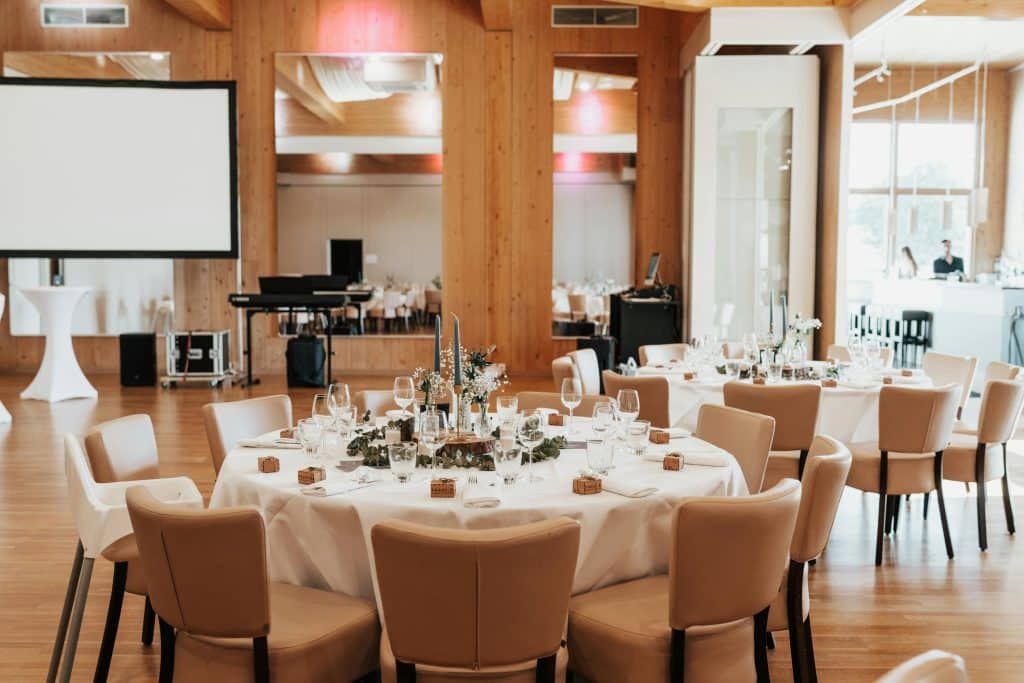In the fast-paced world of special events, conferences, weddings, and corporate functions, the need for skilled professionals is more vital than ever. Whether you’re drawn to the glitz of luxury weddings or the precision of corporate retreats, an event planner education can open the door to a range of exciting careers. But what does it really mean to be educated in event planning, and how can you get started? Let’s break down your options—formal and informal—and explore some of the dynamic career paths that await.
What is Event Planner Education?
At its core, event planner education is the combination of knowledge, skills, and experience that prepares you to manage events from concept to completion. This includes understanding logistics, budgeting, marketing, vendor management, client relations, and risk management. But how you acquire these skills can vary greatly depending on your goals, learning style, and resources.
Formal Education Paths
If you’re someone who thrives in structured environments, a formal education might be the best route. Several colleges and universities now offer degrees and certifications specifically tailored to event planning. Programs might be offered under titles like Hospitality Management, Event and Meeting Management, or Tourism and Event Planning.
Associate and Bachelor’s Degrees: These programs typically span 2-4 years and cover broad subjects such as business administration, marketing, communication, and hospitality. Coursework often includes real-world internships, giving students hands-on experience before graduation.
Professional Certifications: Many aspiring planners also pursue industry-recognized credentials. The Certified Meeting Professional (CMP) and Certified Special Events Professional (CSEP) designations demonstrate a high level of competency and are often sought by employers. These certifications typically require a combination of education, experience, and passing a comprehensive exam.

Informal Education and Self-Guided Learning
Not everyone has the time or resources for a degree program, and that’s where informal event planner education can be incredibly valuable. In today’s digital age, there are countless ways to learn independently and build a strong foundation in event planning.
Online Courses and Webinars: Platforms like Coursera, LinkedIn Learning, and Eventbrite offer affordable (sometimes free) courses on event marketing, budgeting, and logistics. These resources are perfect for busy individuals looking to enhance specific skills on their own schedule.
Workshops and Conferences: Attending industry events such as IMEX or The Special Event Show can provide both education and networking opportunities. These gatherings are goldmines for practical tips, new trends, and direct contact with industry leaders.
Mentorship and Volunteering: Gaining real-world experience by volunteering at local events or shadowing an experienced planner can be just as educational as a classroom. It’s also a great way to build a portfolio and professional network.
Exciting Careers You Can Pursue
With a well-rounded event planner education, you’re not limited to one type of role. The event planning industry is broad, offering many unique and specialized career opportunities:
- Corporate Event Planner: Responsible for company conferences, retreats, and product launches.
- Wedding Planner: Coordinates all aspects of weddings, from venue selection to day-of logistics.
- Nonprofit Event Coordinator: Organizes fundraising galas, charity runs, and awareness campaigns.
- Festival Director: Manages large-scale public events such as music or food festivals.
- Destination Event Manager: Plans events in exotic locations, often for international clients.
- Venue Manager: Oversees bookings and logistics for event spaces, ensuring client satisfaction.
- Exhibit or Trade Show Manager: Specializes in booth and exhibit logistics at large industry expos.

Why Event Planner Education Matters
The world of event planning is highly competitive, and clients expect a high level of professionalism and creativity. Having a solid event planner education not only enhances your credibility but also prepares you to handle complex challenges with confidence. From negotiating contracts to managing unexpected crises, your education is the toolkit you’ll rely on daily.
Moreover, employers often look for candidates who show both knowledge and passion. Completing courses, earning certifications, or volunteering your time all demonstrate a commitment to the craft. Whether you’re working solo as a freelancer or as part of a large team, your education will be the foundation of your success.
Final Thoughts
There is no one-size-fits-all approach to getting an event planner education. Whether you pursue a degree, take online courses, or dive into hands-on experiences, what matters most is your willingness to learn and adapt. The events industry is ever-evolving, and those who invest in their education—formal or informal—are the ones best equipped to thrive.
So, if you’re passionate about creating unforgettable experiences, now is the time to begin your journey. Explore your options, sharpen your skills, and watch as new career doors open in this exciting and rewarding field.
If the life of an event planner doesn’t fit your vibe, be sure to check out more job outlines and education guidelines in our Career Education section of our blog.
